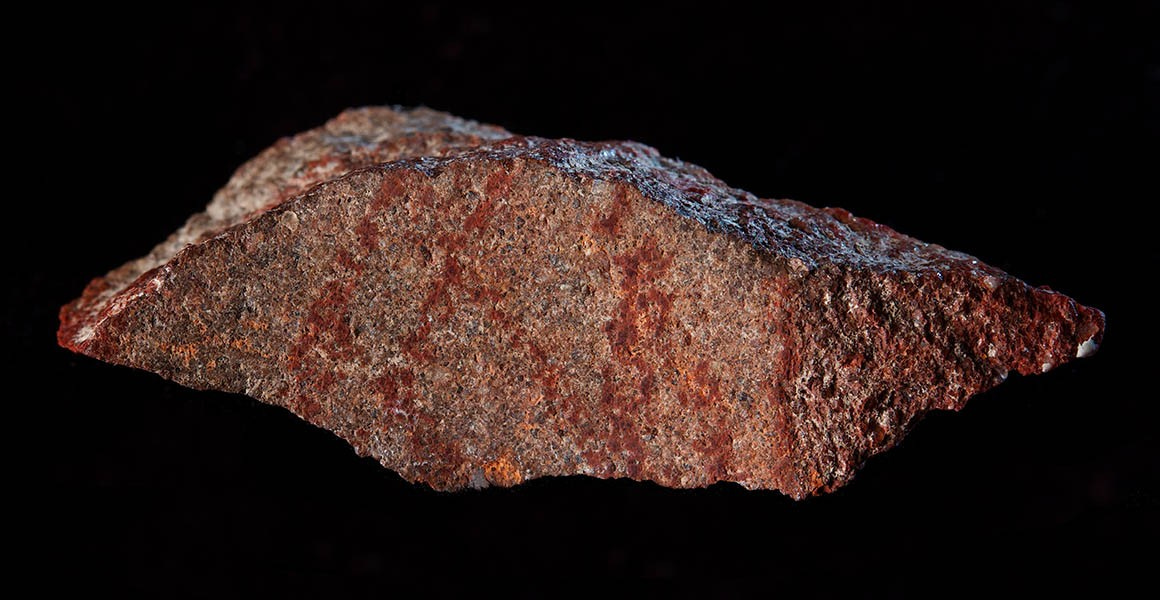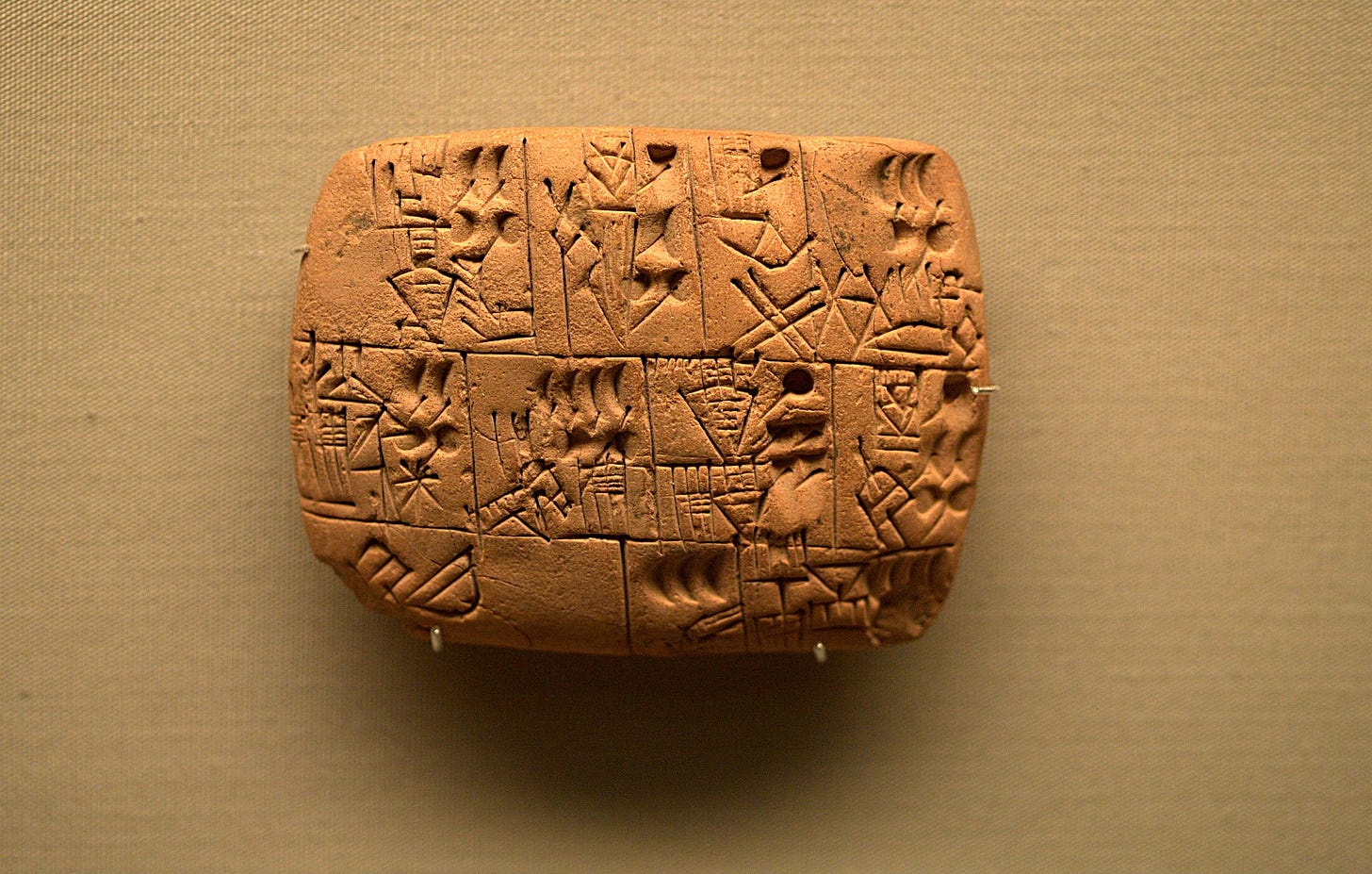Let’s get to it.
The big questions of public education: What should be taught in schools? Who should decide? What if I disagree with what the school teaches?
There are a lot of people who are scared that public schools are teaching self-hatred. Schools might be planting seeds in students that say “your country is bad, your culture is bad, your family is bad.” They fear that new curriculums are designed to undermine those that learn them.
Before we get to judging, ponder that for a second. Pretend that this is the case. Pretend that your child is told that their forebears were monsters. That they’ve been lied to by their family, their community. That they should reject everything that they’ve been raised to hold dear from YOUR own culture and history.
Think about it. Seriously. How would you react? Would you shrug and say, oh well, I’ll counteract it at home. It’s just how education is these days.
Of course not. It would be akin to the schools that indigenous peoples had to endure as they were forced to conform to invader populations worldwide. It would destroy the very nature of the children subjected to it. You would never put up with that.
This is why some White families are upset. They believe this is what is happening at their schools. They want to keep their culture and traditions and they don’t want their children to reject their own past. They believe schools are doing this for two broad reasons.
One, they misunderstand what the recent changes in curriculum standards means. And two, they’ve been endlessly barraged with lies about it.
—
Ok, back to the beginning. What is “history”?
An easy answer is right there inside the word. It’s a story. Our story. A story of a household, a story of all the households of the world, no matter what part or scope you’re examining, it’s The Story, the story of us as humans.
Most stories are meant to evoke something. A lesson about human nature. An insight into unanswerable questions. A feeling, any feeling, from joy to terror to a neverending oneness.
Remember how boring history can be when mishandled? I know some will never enjoy it, and I thought I was one of those people. I had a world history class in 7th grade that was nothing but memorization - names, places, dates. None of it was interesting, none of it felt real. History simply happened. You would never wonder why, consider other possible outcomes, or think about anyone involved as making choices of any kind. “History” had pressed everything flat into books, like dried flowers, two-dimensional, browned and crumbling, so that one could never guess the vibrant urgency these moments once had.
It wasn’t until high school that I was shown what history actually was - humans, endless individuals, cooperating and growing, torturing and murdering, creating and destroying…it wasn’t an endless march of inevitability, it was a chaos of possibility and circumstance.
As you might have noticed, we’re getting to the problem now.
Those that flinch at the word chaos, who don’t want to hear about circumstances or the uncertainty of outcomes…they don’t think about history this way.
For them, it’s Their Story.
—
Look, I’m Jewish. Born and raised, dyed in the wool. I am no longer a religious person, but I’ll always be Jewish.
My whole life I’ve learned history from my own perspective. America’s story is my story, to some degree. But not completely. My history didn’t join with America’s until the beginning of the 20th century. I have other stories, roots deep in other places, other ways of being.
I do have my own myopia, my own subjective view, that colors how I see history. I’m human, it’s kind of our thing. But I’d argue that the simple difference of having multiple stories to draw upon gives me an easier path to understanding this issue.
There is an urgency that comes from being in a minority group which compels one to fight for equal time. There’s a justifiable fear that we ourselves will be targeted for erasure at some point. But there’s more to it than a knee-jerk, protective reaction. I think that the more intersectional we are - by working with/neighboring/marrying/being born to people from different races and backgrounds, the more likely we are to support teaching The Whole of History.
Why? Because if our own history is varied, we might be able to see that the whole of world history is varied as well.
History is complicated. Personal history can be just as complicated. I’m half German-Jew. My mother’s aunt and her family were murdered in concentration camps. My feelings about 20th-century Germany are pretty clear. But how do I feel about the 18th and 19th centuries of German history, which were prosperous for generations of Jews? Germany was a place of Jewish philosophy, where Ashkenazi Judaism was born, which 80% of world Jews practice. Is that good? Bad?
Our country is rife with easy examples of complicated histories, not because we are specifically worse than other nations, but because we are a nation. If we open ourselves up to teaching Whole History, we can let in all the facets of all the groups. Fascinating stories of advancement and failure, genius and stupidity, generosity and greed, slavery and freedom, in all the corners of the earth, in all of time. It’s not about teaching that America is Bad and Elsewhere is Good. It’s about teaching that everything is both bad and good, and the answers are never simple.
—

Usually, when someone wants to make our List of Happenings more palatable, they add Good and Evil to the mix. A looming threat - a spark of hope - a battle - an outcome, positive or negative. Whatever it ends up being, it’s a very particular lesson, somehow.
Those who sculpt history this way often lean on the Hero’s Journey. For centuries that’s how we have told history - from the perspective of a person. The hero may be destined to die or to rule, but either way, the story is often told with a deep layer of inevitability. Foreshadowing, warnings, training, adversity - all of it plays into whatever the grand finale might be.
Once you start layering on the white and black hats, the predictable triumph, the easily-called downfall, the fate and the fulfilled promise and the star-cross-ed-ness of it all, you are no longer learning history, buddy.
That’s not Our Story, it’s Their Story. It’s one person’s perspective. It might be what they truly felt and believed and experienced, and that’s valid. But it’s only one data point. Saying that one person’s (or one group’s) perspective is actual history is like basing medical trials on one test subject. They can tell you that spicy food upsets their stomach, but what about everyone else?
—
What should be taught in schools? The Whole of History. Who gets to decide? All human perspectives. What if I disagree with what the school teaches? Then you are disagreeing with human history.
History is as vast and varied as the population of the earth. I don’t trust any one person to be a perfectly reliable narrator, and I don’t want just one side of the story. The more I hear about the histories and cultures that were left out of my schooling, the more hungry I am for an ever-widening perspective. Humans will continue to peer out at the world through only one set of eyes. The least we can do is add as many other viewpoints to ours as possible.
Thank you for reading. Please pay attention to what is going on at your local school district, even if you don’t have a child in school.
Stay sane out there.
ousdrecall.com








Great article Jennie. You have addressed the main concern that some have brought up as an excuse to control what should and should not be taught at our schools.
Beautifully written Jennie. You hit the nail on the head. I hope your recalls are successful. Ours were not and now they have taken over not just the school board but the city council and are coming after the library now. Stay vigilant and thank you for attending the school board meetings and speaking up.